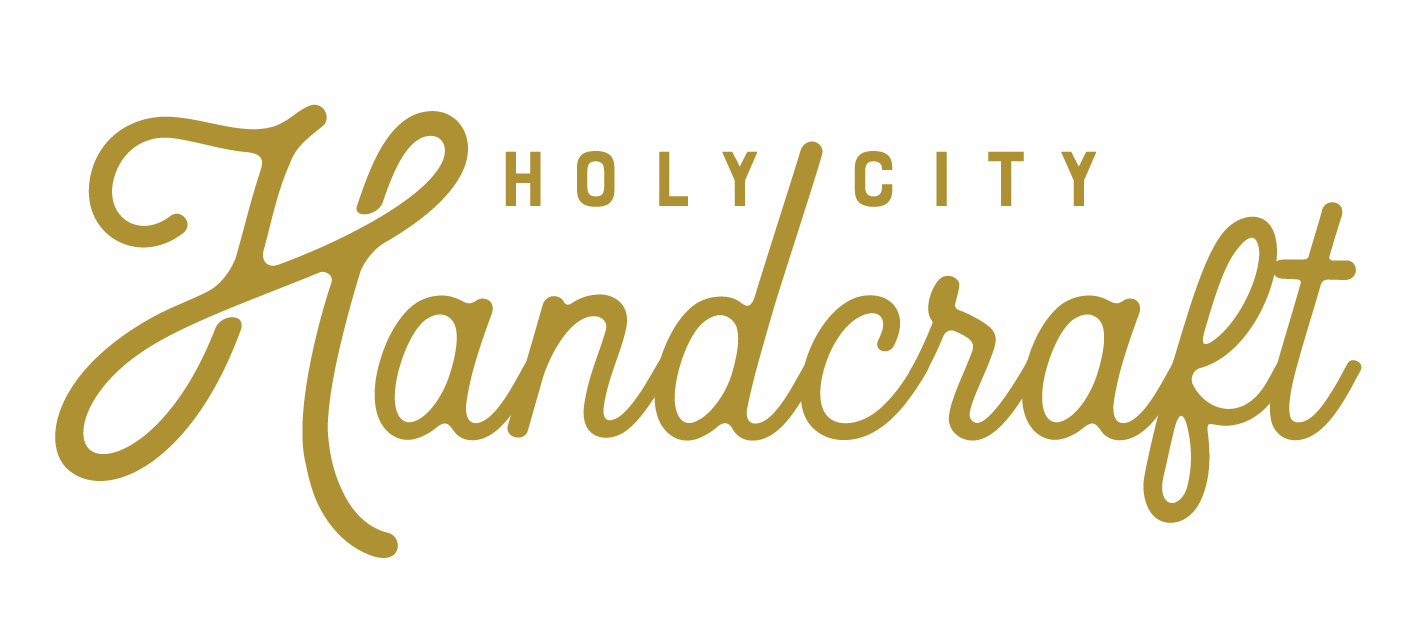Q&A with Doug Kragel, Whiskey Ambassador for Blade & Bow
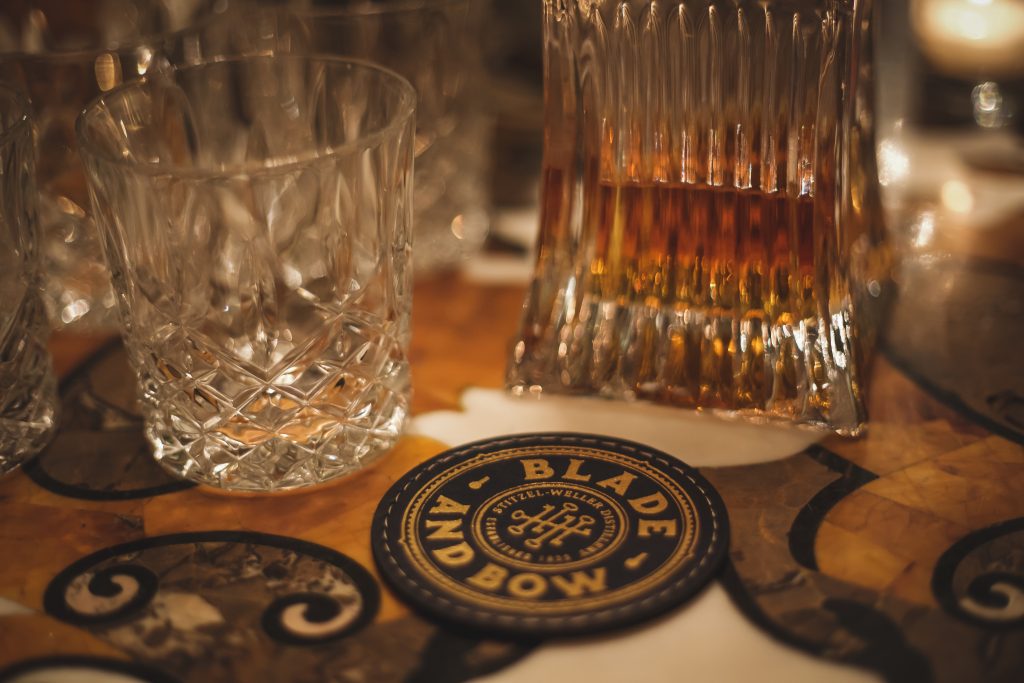 After the private tasting at the William Aiken House for the Charleston Wine + Food Festival Opening Night (Recap), I was able to catch up with Doug Kragel, North American Whiskey Ambassador for Blade and Bow. I conducted a quick Q&A and uncovered the legacy behind the Stitzel-Weller Distillery, the uniqueness of Blade & Bow whiskey and the future of the bourbon industry, read on below!
After the private tasting at the William Aiken House for the Charleston Wine + Food Festival Opening Night (Recap), I was able to catch up with Doug Kragel, North American Whiskey Ambassador for Blade and Bow. I conducted a quick Q&A and uncovered the legacy behind the Stitzel-Weller Distillery, the uniqueness of Blade & Bow whiskey and the future of the bourbon industry, read on below!
HCH: Let's start with an introduction, could you tell us a little about yourself and how you got into the bourbon industry?
Being from Kentucky, bourbon has always been a point of pride within my family and within our state. When the opportunity came for me to work in the service industry, I took the chance. I started out as a dishwasher, then managed bars and worked for a wholesaler. From there, I had the opportunity to move to the education side. I’ve been an ambassador for four years and in the industry for 18 years. These experiences and my love of whiskey shape my work every day.
HCH: What is your typical pitch for Blade & Bow Bourbon Whiskey (Non Age Stated)? What sets it apart from the rest of the bourbon that Diageo is currently producing.
Blade and Bow Kentucky Straight Bourbon Whiskey is matured with a unique solera aging system. This solera process preserves some of the oldest whiskey stocks, including the last remaining bourbon ever produced at Stitzel-Weller before it shut its doors in 1992. This solera liquid is then mingled with other fine whiskeys, aged and bottled at Stitzel-Weller.
HCH: Could you divulge more information on the distillate for the [NAS] Blade & Bow Bourbon? (What are the components of the mashbill, approximately how old is it and where is it distilled?)
Blade and Bow 22-Year-Old Kentucky Straight Bourbon includes whiskies distilled at both the distillery historically located at 17th and Breckinridge in Louisville, Ky. and the distillery historically located at 1001 Wilkinson Blvd. in Frankfort, Ky. Blade and Bow 22-Year-Old Kentucky Straight Bourbon was most recently aged and bottled at Stitzel-Weller. While we don’t have mash bills and we don’t feel comfortable making an approximation, you can tell by the nose and taste that it’s high in corn and that the structure in spice implies that the secondary grain is rye. The mashbill is approximately 71% corn, 20% rye and 9% barley.
HCH: I feel as though the bottle is almost as important as the bourbon contained in it. Could you go into the symbols on the bottles, as well as the meaning of the iconic Stitzel-Weller keys that adorn the bottle itself?
Blade and Bow is named after the two parts of a skeleton key – the blade shaft and the ornate bow handle – part of the iconic Five Keys symbol found throughout the legendary Stitzel-Weller distillery. These keys represented the five steps of crafting bourbon – grains, yeast, fermentation, distillation and aging. More importantly, these keys grew to symbolize the southern traditions of hospitality, warmth and enjoying the finer things in life. To this day, the five keys can be found throughout the distillery.
HCH: Can you tell the readers a bit more about the Solera Aging Process that is used to age Blade and Bow Bourbon? Why is this process unique in the bourbon industry?
The solera aging system is comprised of five levels that include original Stitzel-Weller whiskeys, ensuring that Stitzel-Weller liquid is incorporated into Blade and Bow Kentucky Straight Bourbon Whiskey. The solera liquid is moved, from one level to the next, each year. Upon completion of the fifth level, the liquid is then removed and bottled. However, no more than 50% of the contents in level five is removed to ensure that Stitzel-Weller liquid always remains. The system is rare in the bourbon industry and is typically used to age products such as Balsamic and sherry
HCH: Blade and Bow made some waves in the bourbon community by placing the famed Stitzel-Weller Distillery name on the label. Considering the distillery was closed back in 1992, what is the story behind putting the name of the distillery on the Blade and Bow label?
Stitzel-Weller is of great significance to the Blade and Bow brand, as Blade and Bow Kentucky Straight Bourbon is born from some of the oldest remaining whiskey stocks to be distilled at Stitzel-Weller. Both Blade and Bow variants have called Stitzel-Weller their home for some time, as they’ve been most recently aged and bottled there.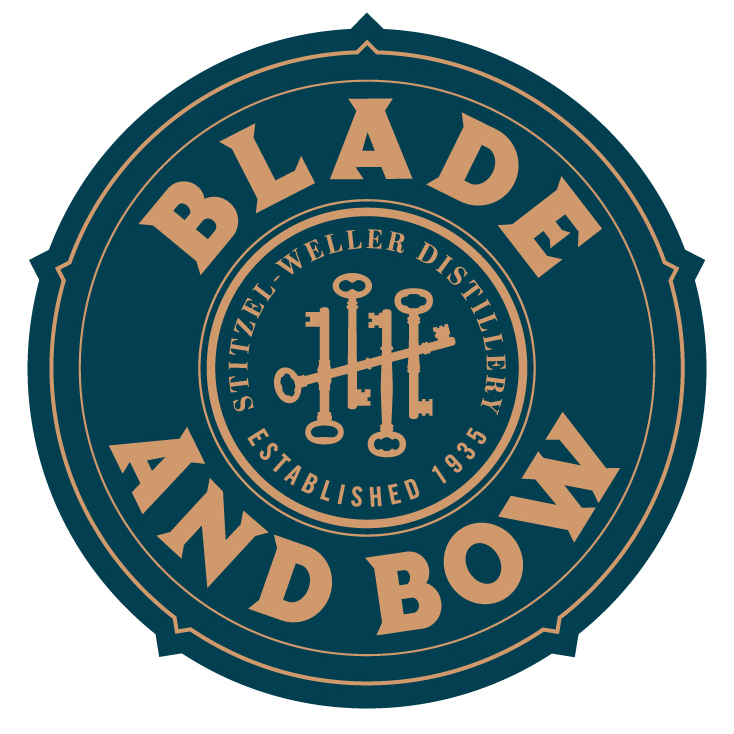
HCH: Let's get into the Blade and Bow 22 Year, which I had the opportunity to sample during Charleston's Wine and Food Festival. Could you go into what makes the 22 Year so special?
Blade and Bow 22-Year-Old Kentucky Straight Bourbon is a limited release whiskey that was named “Best Straight Bourbon” and awarded Double Gold at the 2015 San Francisco World Spirits Competition.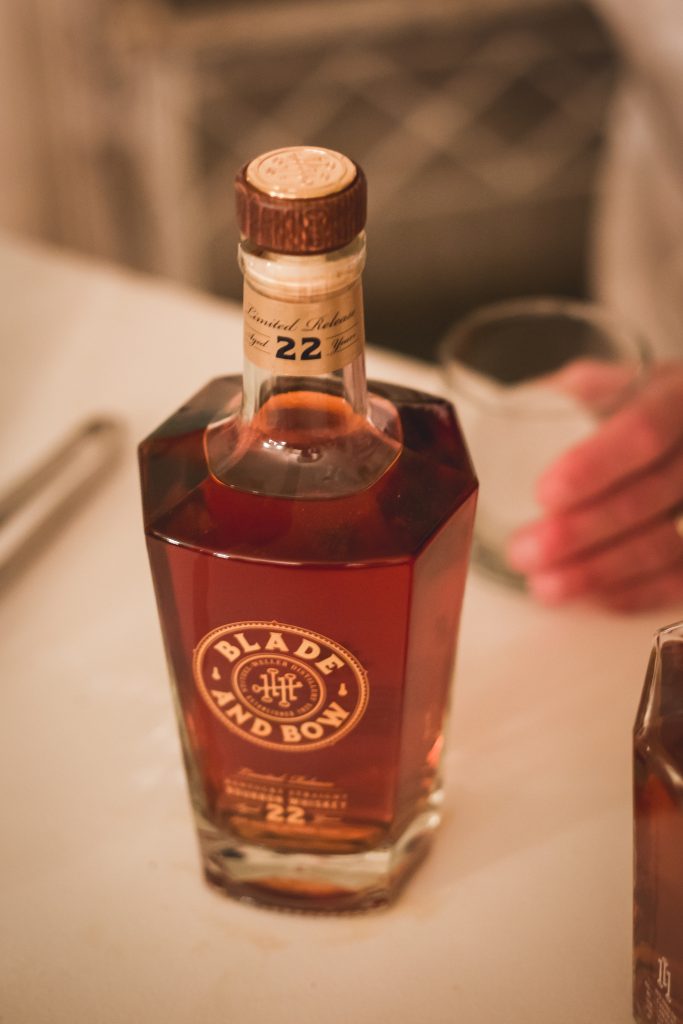
HCH: So if the Blade and Bow 22 Year has Stitzel-Weller 'juice' in it (made before 1992), that means there are a finite number of barrels in Diageo's possession. Do you expect this supply to run out any time soon? If so, will that mean the end of the Blade and Bow 22 Year Old?
Blade and Bow 22-Year-Old Kentucky Straight Bourbon contains no Stitzel-Weller liquid from the solera aging system. The solera aging system will ensure that we don’t run out of Stitzel-Weller liquid, to be incorporated into the Blade and Bow Kentucky Straight Bourbon Whiskey. If this ever changes, we will be transparent with our consumers and change the packaging accordingly.
HCH: Are there any plans to release any other limited edition whiskies under the Blade and Bow label?
There are no current plans to release additional Blade and Bow variants at this time, but we will always keep an eye out for opportunities to meet consumer demand with strategic innovation.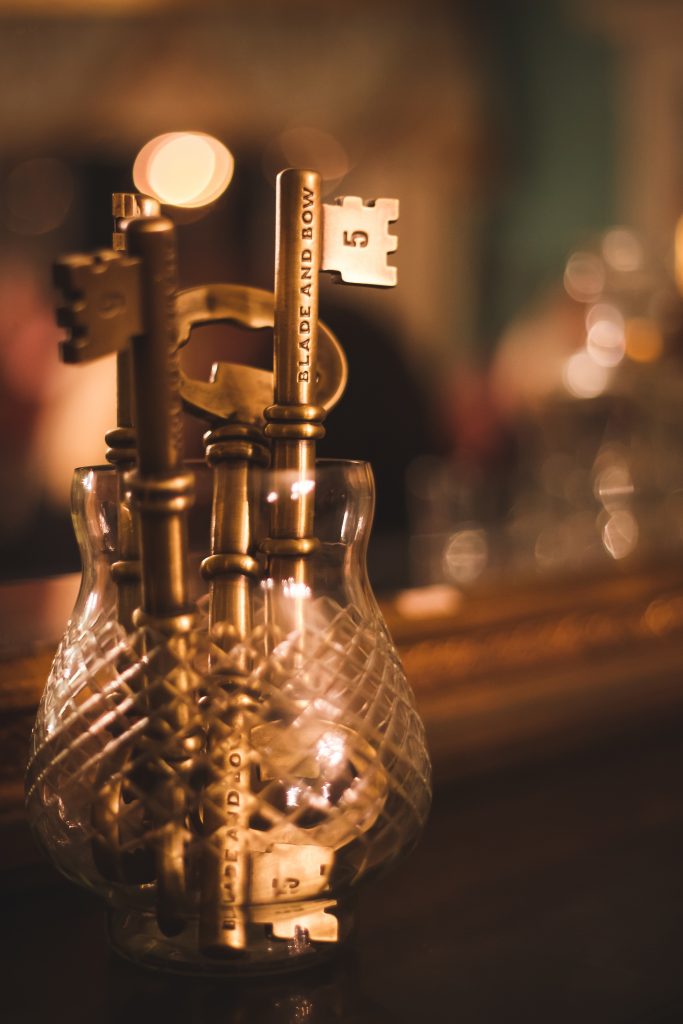
HCH: It seems as though the Bourbon scene has gone through a huge surge over the last few years, what do you think this is attributed to, do you see the trend peaking or plateauing at any point?
Bourbon specifically is on such an incline due to the American consumer turning towards local products, which you also see in farm-to-table dining. Bourbon is our national spirit – it’s one of the few spirits we have a connection to because you can trace its lineage to our American history. The growth may slow, as things typically do, but I don’t see it plateauing any time soon. It’s hard to go back once you’ve experienced a certain quality of whiskey.
HCH: On a similar note, how do you forecast the demand for Bourbon? Do you find the number of barrels being aged increasing over time?
The forecasting is constantly increasing, partly because there are so many new drinkers entering the category. Bourbon isn’t the drink of our parents or grandparents anymore. Consumers are drinking higher quality spirits at a younger legal drinking age.
HCH: Since whiskey/bourbon is such a huge part of this blog, I have to ask: What are your low, mid and high-price range American Whiskies that you enjoy at home?
Low-range: George Dickel No. 8 (It has the right amount of backbone to make a good mixed drink. I like a whiskey and ginger ale or a whiskey sour with George Dickel No. 8)
Mid-range: Bulleit (Bulleit makes a great whiskey cocktail- when I’m hosting I enjoy a Boulevardier or Manhattan, these are the cocktails I most often enjoy with friends)
High-range: Blade and Bow (Perfect neat or on the rocks, whether it’s a special occasion or just an end of the night pour)
HCH: Similarly, if you're a cocktail person, what is your favorite cocktail to make and sip on at home?
My favorite cocktail is a tie between a classic egg white whiskey sour and a Manhattan, depending on if I want a shaken or stirred drink at-home.
